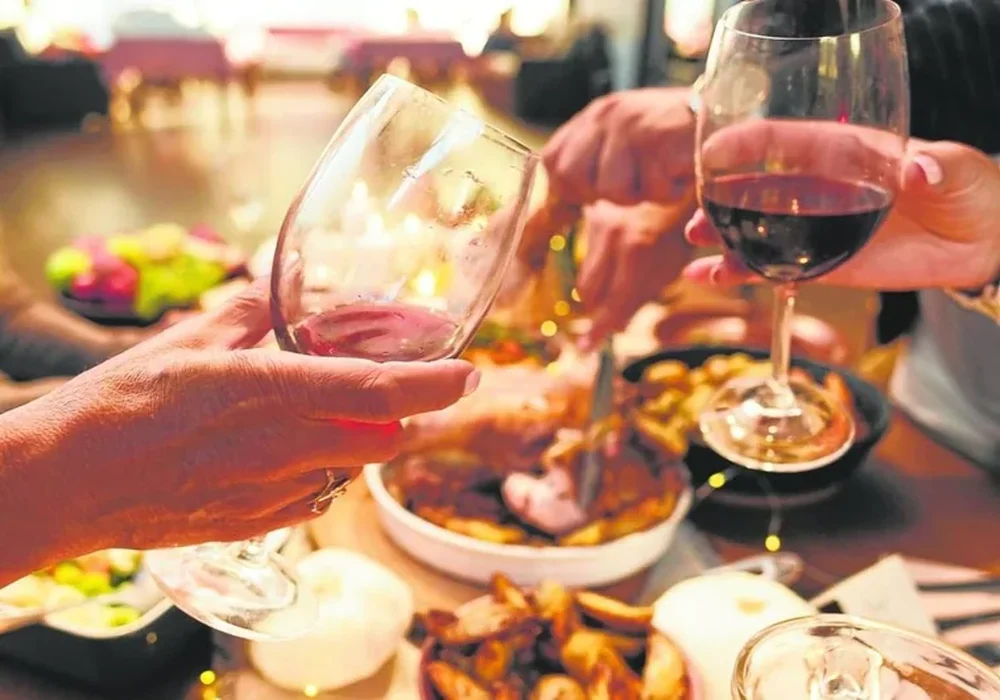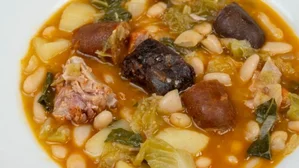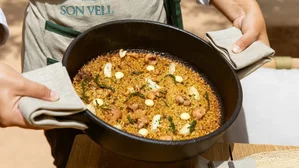New Trends in Spanish Dining: Understanding Menu Changes and Extra Charges

As expats in Spain, navigating the local dining scene can be a delightful yet sometimes confusing experience, especially with recent changes in how restaurants present their menus and billing practices. Here’s a detailed look at what you need to know.
The Rise of Closed Menus and Supplemental Charges
In recent months, many restaurants in Spain have adopted a new approach to their menus, which may affect how you plan and budget your dining outings. The traditional menu del dia (lunch set menu), once a staple for affordable and comprehensive meals, is evolving. Some establishments are now offering "closed menus" or menús cerrados, where the selection is limited to a set number of courses, often without the flexibility to choose each dish individually.
Extra Charges and Reservations
Alongside these changes, some restaurants have started imposing extra charges for services that were previously included. For instance, making a reservation might now come with a small fee, typically ranging from €5 to €10 per person. This fee is often deducted from the total bill but can be a surprise for those not expecting it.
Impact on Dining Experience
For expats accustomed to the traditional Spanish dining culture, these changes can be both intriguing and challenging. On one hand, the closed menus can offer a curated dining experience, allowing chefs to showcase their best dishes without the complexity of multiple options. On the other hand, the lack of flexibility and additional charges can make dining out more expensive and less spontaneous.
Adapting to Local Practices
To navigate these changes smoothly, here are a few tips:
Check the Menu Beforehand
Before heading to a restaurant, it’s wise to check their website or call ahead to understand their menu offerings and any additional charges. This can help you plan your meal and budget accordingly.
Ask About Fees
When making a reservation, ask if there are any fees associated with it. This transparency can help avoid any surprises when the bill arrives.
Enjoy the Local Culture
Despite the changes, Spanish cuisine remains vibrant and diverse. Embrace the opportunity to try new dishes and enjoy the social aspect of dining out, which is central to Spanish culture.
Maintaining Affordability
While these changes might slightly increase the cost of dining out, Spain remains a relatively affordable destination compared to many other Western European countries. Here are some ways to maintain affordability:
Off-Peak Dining
Consider dining during off-peak hours or seasons when prices tend to be lower. Many restaurants offer special deals or discounts during these times.
Tapas Culture
Tapas, or small shared plates, are still a cost-effective and enjoyable way to experience Spanish cuisine. Many bars offer free tapas with the purchase of a drink, especially in cities like Granada.
Local Markets
Shopping at local markets for fresh produce can also help you enjoy Spanish cuisine at home without the extra charges associated with dining out.
Conclusion
As expats in Spain, it’s essential to stay informed about the evolving dining landscape. While changes in menu offerings and billing practices may require some adjustment, they also present an opportunity to experience new aspects of Spanish cuisine. By being aware of these trends and adapting your dining habits accordingly, you can continue to enjoy the rich culinary culture that Spain has to offer.
Related Stories

Discovering the Flavors of Cantabria: The Cocido Montañés
Explore the heart of Cantabria's culinary heritage with the cocido montañés, a traditional stew that's a staple of local cuisine and a symbol of regional identity.

Spanish Dining Preferences: Quality of Rice Tops the List for Restaurant Choices
79% of Spaniards prioritize rice quality in restaurants, underscoring its pivotal role in Spanish cuisine and dining preferences.

Spain Boasts the World's Best Hamburger, and You Can Try It in Valencia or Madrid
Spain's culinary scene shines as a local hamburger is crowned the world's best, available in Valencia and Madrid. A must-try for food enthusiasts and expats alike.

Warning for Air Fryer Users in Spain: What Not to Do
Air fryer popularity in Spain comes with a crucial warning for users. Learn the common mistakes to avoid for safe and effective cooking.

Cantabrians: The Least Adventurous Spaniards When It Comes to Trying Beers
Study reveals Cantabrians are Spain's least adventurous beer tasters, yet hold a deep knowledge of traditional varieties, reflecting a unique cultural insight.